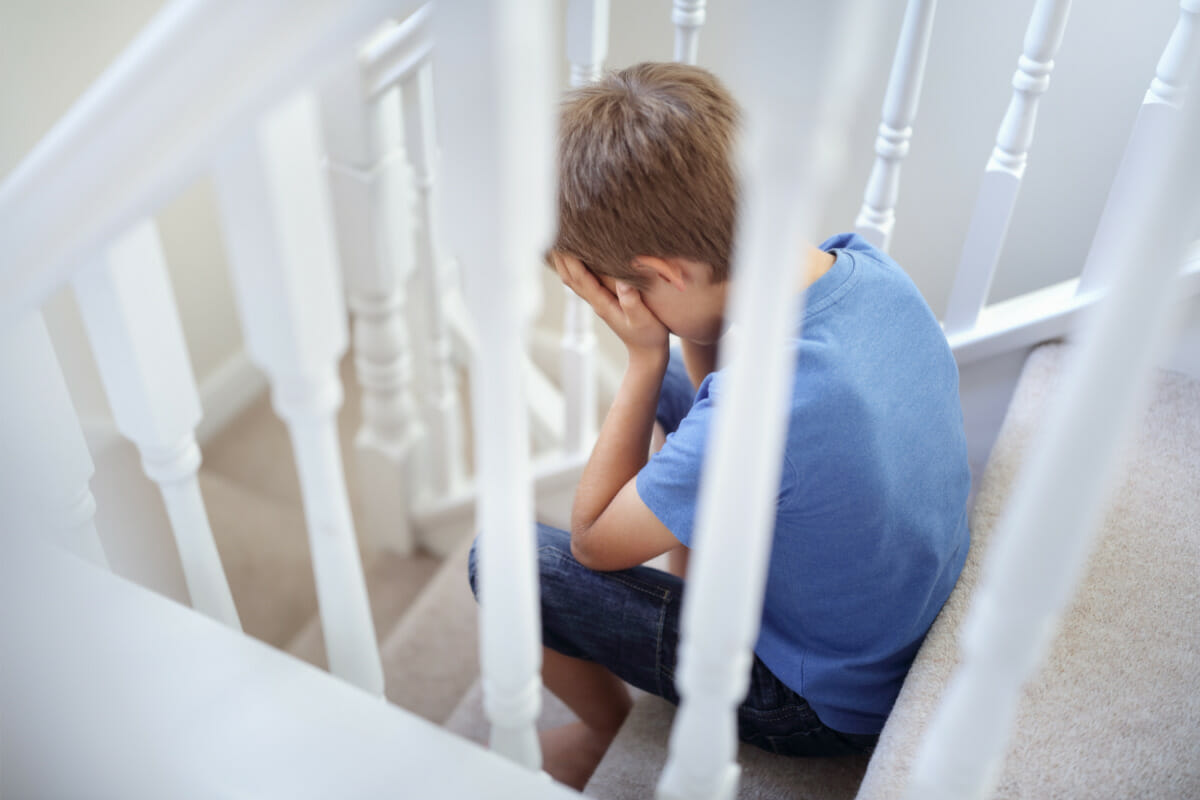Researchers over the decades have shown strong connections between incidents of childhood trauma and addiction. Childhood is a combination of experiences. Some of them are good, and some of them are bad. It’s the collection of these experiences that shape each of us into who we will become as adults.
Unfortunately, many children, at every social and economic level and of all races across the United States, experience trauma. Trauma can be neglect or abuse and exposure to violence and drugs. Childhood hunger can also be traumatic.
For many, understanding ourselves as adults and facing addiction will mean revisiting our childhoods.
Measuring Childhood Trauma
One measurement of trauma during childhood is “ACEs”. The acronym stands for “Adverse Childhood Experiences.” These traumatic experiences can include periods of physical and emotional abuse, neglect, living with a caregiver with mental illness, and household violence.1 These experiences are exacerbated by a lack of connection with parents, family, or a caregiver.
Along with the potential for a substance use disorder, the more ACEs a child experiences before they hit their 18th birthday, the more likely the person is to suffer from various health impacts like asthma, heart disease and diabetes, poor academic achievement, and other mental illnesses.
The ACE test is quite simple. It asks questions about how a person was treated as a child. For example, the test will ask if a person was humiliated as a child or if they ever went without food or clean clothes. The test also asks if there were frequent incidents where someone pushed, grabbed, slapped, or threw something at you. Test takers will answer if there were incidents of sexual abuse too. The test consists of ten questions and gives one point per question where a participant answers “yes.”
Understanding the Scores
As the ACE score increases, so do the chances a person will face challenges with mental health, addiction, finances, and work in adulthood, according to the nonprofit organization Stop Abuse Campaign. 2
With a score of zero, there is still a 2.5% chance of becoming addicted to alcohol. But when an ACE score increases to four, the possibility of becoming addicted to alcohol rises to 11%.
We know that traumatic experiences in childhood increase the risk of substance use disorders (SUDs). This is because a person attempts to self-medicate the pain from trauma or address mood issues related to an inability to control their stress response.
There are other impacts too. The chance of suffering from chronic depression triples. The chance of struggling financially, having a stroke, or heart disease all double.
In a study released by the National Institutes of Health3 researchers found “teens who had experienced physical or sexual abuse/assault were three times more likely to report past or current substance abuse than those without a history of trauma”. And in surveys of young people currently receiving treatment for substance abuse, more than 70% of them reported trauma exposure.
ACEs affect people at all socio-economic levels, and the impacts of these childhood traumatic experiences can have severe and costly effects across a person’s life. For example, chronic stress throughout childhood can lead to a lower tolerance for stress or stressful situations in adulthood. 4
Recovering from Childhood Trauma and Addiction
There is good news, though. No one who has suffered a high rate of Adverse Childhood Experiences is irreparably damaged. It’s key to acknowledge the trauma’s effects and seek healing.1 At Silver Sands Recovery in Prescott, AZ, we specialize in heroin addiction, drug addiction, chronic relapse, opiate addiction, and alcohol addiction.
At Silver Sands, we employ therapists trained in healing complex trauma. Specifically, our therapists have undergone the NeuroAffective Relational Model (NARM) training which is advanced clinical training for addressing attachment, relational and developmental trauma.5 We also offer dual diagnosis rehab, since depression often coincides with trauma and addiction issues.
For adults who need to heal from childhood trauma, there is a range of treatments that can help. These include therapy sessions with mental health professionals, meditation, physical exercise, time outdoors, playing sports, and more.
At Silver Sands Recovery, we’re ready to help you heal the complexities of trauma and thrive in the next chapter of your life. Call us today.
Sources:
[1] https://developingchild.harvard.edu/resources/aces-and-toxic-stress-frequently-asked-questions/#graphic-text
[2] https://stopabusecampaign.org/what-are-adverse-childhood-experiences/take-your-ace-test/what-does-your-ace-score-mean/
[3] https://www.ncbi.nlm.nih.gov/pmc/articles/PMC3051362/
[4] https://americanspcc.org/what-are-aces/
[5] https://narmtraining.com/what-is-narm/


